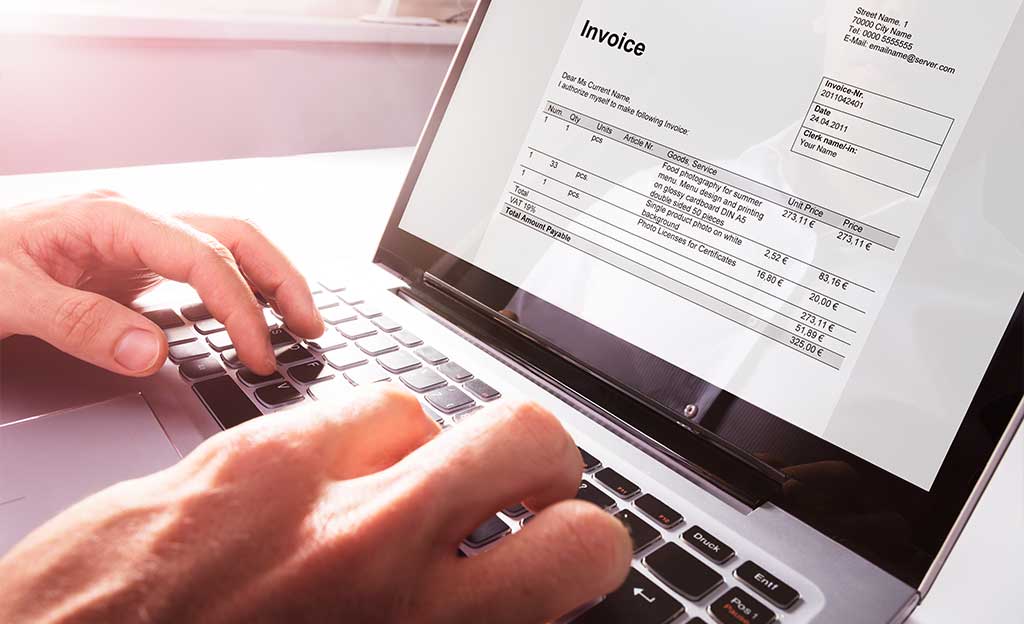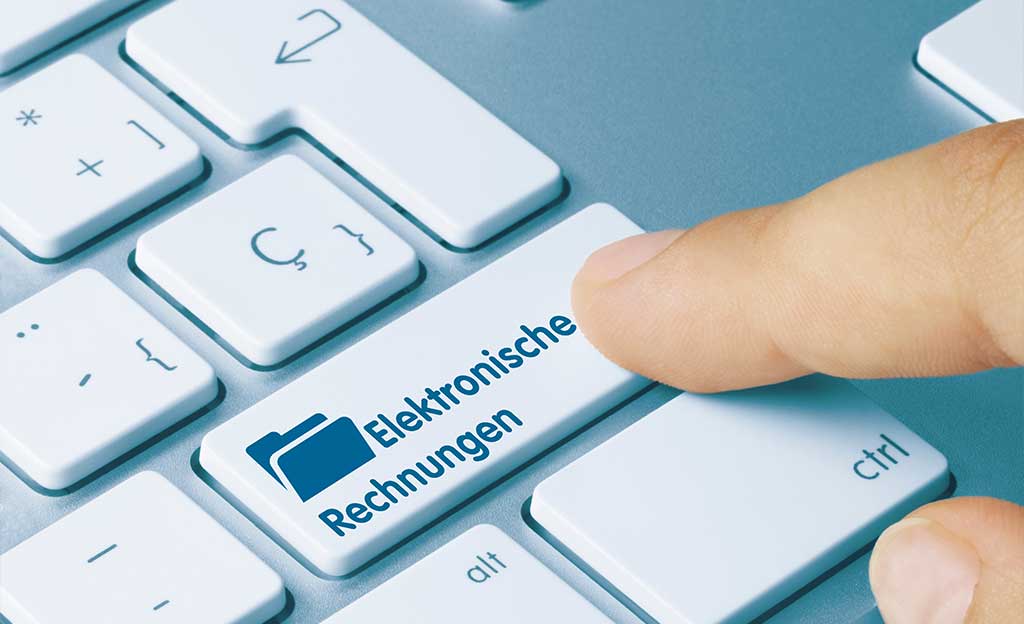
Some will already have heard about the planned obligation of the federal government to issue electronic invoices in the B2B sector. However, there has been a lot of back and forth regarding the introduction, and the how and why is not clear to many. Here, the Northwind HR team gives you an overview of the current situation regarding e-invoicing.
Confusion surrounding electronic invoicing

According to the German government, electronic invoicing is to be introduced on a mandatory basis in order to fulfil the EU’s ViDA measures. The proposal was therefore incorporated into the so-called Growth Opportunities Act and the mandatory introduction of e-invoicing was set for 1 January 2025.
The Federal Council then objected and suggested postponing the mandatory start date by two years. The reasons given were doubts about the timeframe granted to companies for technical and organisational implementation. In addition, the necessary revision of CEN standard EN 16931 had not been finalised for some time.
However, the objections were ignored. In the new draft of the Growth Opportunities Act of 21 February 2024, no adjustment of the implementation timeframe was taken into account. However, there is still hope for a postponed obligation for electronic invoices, as it is currently unclear whether the Federal Council will approve the law at the second attempt. Further details therefore remain to be seen.
Things to know about e-invoicing
The public sector has been demanding e-invoicing (also known as e-invoicing or XRechnung) from its suppliers for two years now. However, when it comes to mutual invoicing, many companies have hardly or not at all dealt with electronic invoicing.
What does it have to fulfil and what does it have to look like?
In short: Such an invoice must be able to be issued, transmitted and received in a structured electronic format (Section 14 (1) sentence 3 UstG-E). It must also be possible to process it electronically. The EU standard must be complied with.
Further planned requirements for electronic invoices:
- apply to the B2B sector
- Sending invoices as PDFs by email will no longer be permitted from 01/01/2025
- Electronic format can be agreed between the invoice issuer and invoice recipient, but must be able to be extracted into a format specified by the EU
As already mentioned, deadlines and interpretations are still being discussed.
There are also to be exceptions to the obligation. Small-value invoices of less than 250 euros can still be created and transmitted as paper invoices (§ 33 UstDV).

Please feel free to contact us if you would like more information on electronic invoicing and its implementation!
